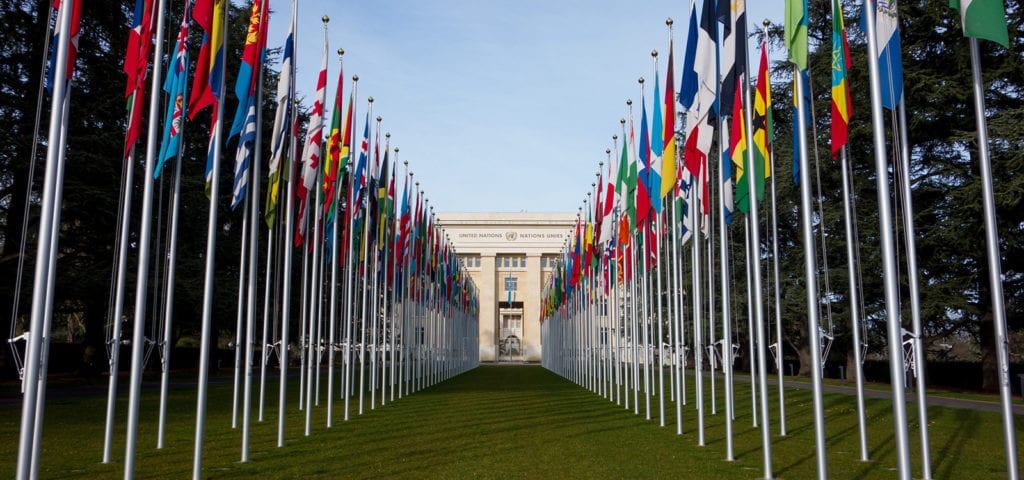In their 2017 annual report, the United Nations International Narcotics Control Board called out Uruguay, the Netherlands, Jamaica, Canada, and U.S. states for implementing or moving forward with cannabis legalization.
“The Board wishes to reiterate that any measures that permit or would permit the use of cannabis for non-medical purposes are in clear violation of article 4, paragraph (c), and article 36 of the 1961 Convention as amended, and article 3, paragraph 1 (a), of the 1988 Convention. INCB also reiterates that the limitation of the use of controlled substances to medical and scientific purposes is a fundamental principle to which no derogation is permitted by the 1961 Convention as amended.” – U.N. INCB, 2017 annual report
The report notes that as of Jan. 2017, Uruguay had registered 6,057 individual cannabis cultivators and 33 members’ clubs which allow groups of 15 to 45 people to cultivate and distribute cannabis for the group. The report indicates that Uruguayan officials plan to assess the public health consequences of legalization and issue a report to the INCB; however, in the report the board “reiterates that the legalization and regulation of cannabis for non-medical purposes is contrary to the relevant international legal framework, which categorically restricts the use of controlled substances such as cannabis to medical and scientific purposes.”
The report also takes aim at the famous coffeeshops in the Netherlands; which, despite being the subject of reforms by lawmakers – hoping to make them exclusive to citizens of the Netherlands – still violate United Nations drug treaties.
The U.N. conventions do allow medical and scientific cannabis use; although the report does note that governments with medical cannabis programs should not allow for home-growing by patients.
“States must take measures to prohibit the unauthorized cultivation of cannabis plants, to seize and destroy illicit crops, and to prevent the misuse of and trafficking in cannabis. Similarly, the Board wishes to draw the attention of all Governments to its previously stated position that personal cultivation of cannabis for medical purposes is inconsistent with the 1961 Convention as amended because, inter alia, it heightens the risk of diversion.” – U.N. INCB, 2017 annual report
The U.S. could bring members states with legalized cannabis regimes before the International Court of Justice.
(h/t Leafly)
